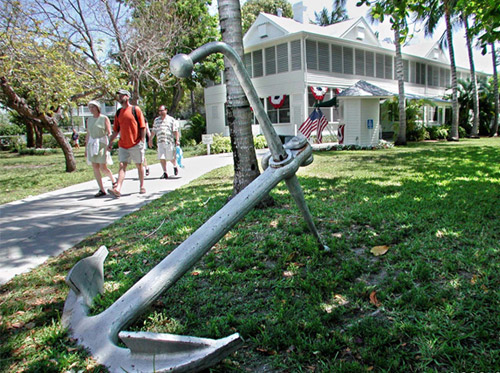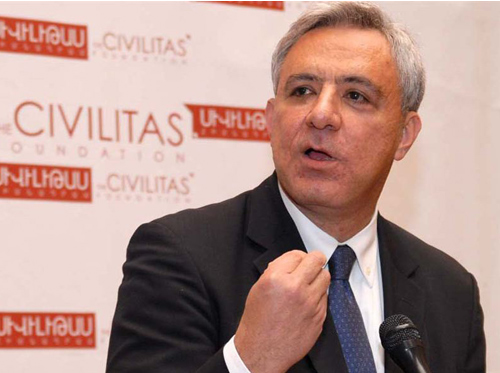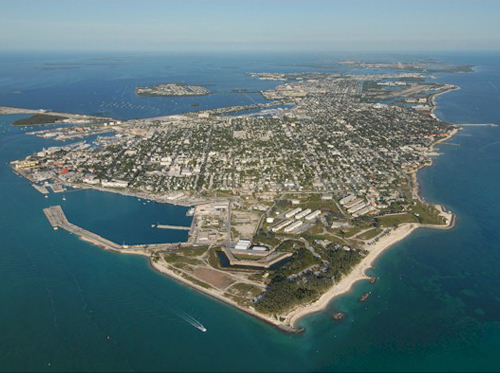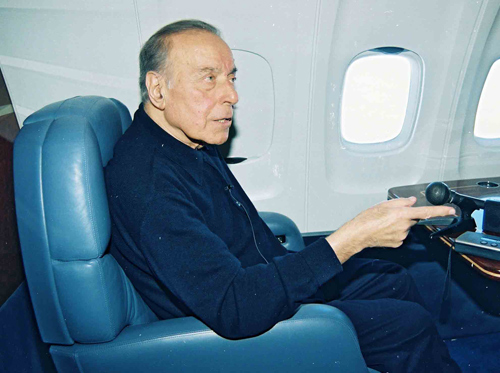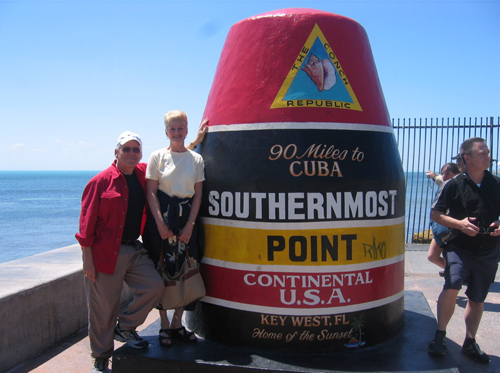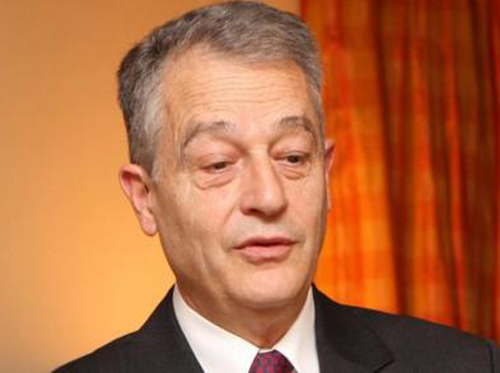The Key West meeting would have never been held without the active work of the OSCE Minsk Group U.S. Co-chair Carey Cavanaugh and his Russian and French colleagues - Nikolay Gribkov and Jean-Jacque Gaillarde.
However, Russian First Deputy Foreign Minister Vyacheslav Trubnikov played the role of the “first violin” in the Russian delegation in Key West. As for France, immediately after Key West Jean-Jacque Gaillarde was replaced by Philippe de Suremain, who in early April still occupied the position of the Ambassador of France to Iran but was already present at the talks in Florida.
 |
Vyacheslav Trubnikov
Born in 1944, Vyacheslav Trubnikov came to Russian Foreign Ministry from Foreign Intelligence Service of Russia and USSR KGB.
From 1967, Trubnikov worked in the KGB of USSR, served in the First Chief Directorate of KGB (foreign intelligence). He graduated from USSR KGB High School. In 1971-1977 he served abroad in India and Bangladesh, was engaged in intelligence activities under the cover of correspondent of “Novosti” Agency. In 1977-1984 worked in the Central Office of KGB’s First Chief Directorate.
In 1984-1990 he was on his second long business assignment abroad, worked as the Head of USSR KGB’s Intelligence Service in India and Bangladesh.
In 1990-1992 he was the Chief of the Department of South-East Asia at the First Chief Directorate of KGB USSR as Major-General.
From January 1992-1996 he was First Deputy Director of Russian Foreign Intelligence Service as Lieutenant-General, since 1993- Colonel-General.
In 1996-2000 he has the Director of Foreign Intelligence Service of the Russian Federation.
By the decree of Russian President Boris Yeltsin of 22 January 1998, Vyacheslav Trubnikov was conferred the military rank of Army General. Thus he became the first Director of the Foreign Intelligence Service throughout the history of USSR and Russian Federation to be conferred such a rank. In 1999, upon Russian President’s another decree Trubnikov was conferred the rank of Hero of Russian Federation.
In 2000-2004, he was Russian First Deputy Foreign Minister for CIS. From 2004 to 2009 he was the Ambassador of Russian Federation to India.
From October 2009, Vyacheslav Trubnikov works as a research fellow at the Institute of World Economy and International Relations of Russian Academy of Sciences.
 |
Carey Cavanaugh
Born in 1955, Carey Cavanaugh for twenty-two years served as a Foreign Service officer with the U.S. Department of State. In addition to Washington assignments in the State Department, Pentagon and on Capitol Hill, Ambassador Cavanaugh served in Berlin, Moscow, Tbilisi, Rome, and Bern.
Under the administrations of Presidents Bill Clinton and George W. Bush, Cavanaugh spearheaded or helped advance peace efforts involving Armenia, Azerbaijan, Cyprus, Georgia, Greece, Moldova, Tajikistan, and Turkey. During his service as Director of Southern European Affairs and Acting Special Cyprus Coordinator, he received the Clement Dunn Award for Excellence for defusing the crisis that arose when Cyprus purchased a Russian S-300 (missile) system capable of striking Turkey. He later dealt with the issues of Nazi gold and Holocaust-era assets, while serving as Deputy Chief of Mission at the U.S. Embassy in Switzerland. In 2000, he was confirmed by the U.S. Senate as Ambassador/Special Negotiator responsible for conflicts in Eurasia and to serve as Co-Chairman of the OSCE Minsk Group.
Carey Cavanaugh was president of the Department of State’s Senior Seminar in 2001-2002. Afterwards, he worked for three years as a senior inspector/team leader in State's Office of the Inspector General. Cavanaugh’s final official assignment was foreign policy/political advisor to Chief of Naval Operations Admiral Michael Mullen.
Carey Cavanaugh joined the Patterson School in 2006, where he is also professor of diplomacy and conflict resolution. He continues to work periodically on special assignments for the State Department's Inspector General.
 |
Philippe de Suremain
Philippe de Suremain was born in 1940. Occupied various positions in the Central Office of French Foreign Ministry, worked in Bucharest, Moscow, Budapest, Brussels, Tel-Aviv, was the Ambassador of France to Vilnius and Tehran.
After finishing his work as an OSCE Minsk Group Co-chair he was appointed Ambassador of France to Ukraine.
On April 6, Mediamax will present an extremely interesting interview with Philippe de Suremain taken in May 2001, when he spoke about the developments in the process immediately after Key West.
Wikipedia was used for the preparation of the article.
















